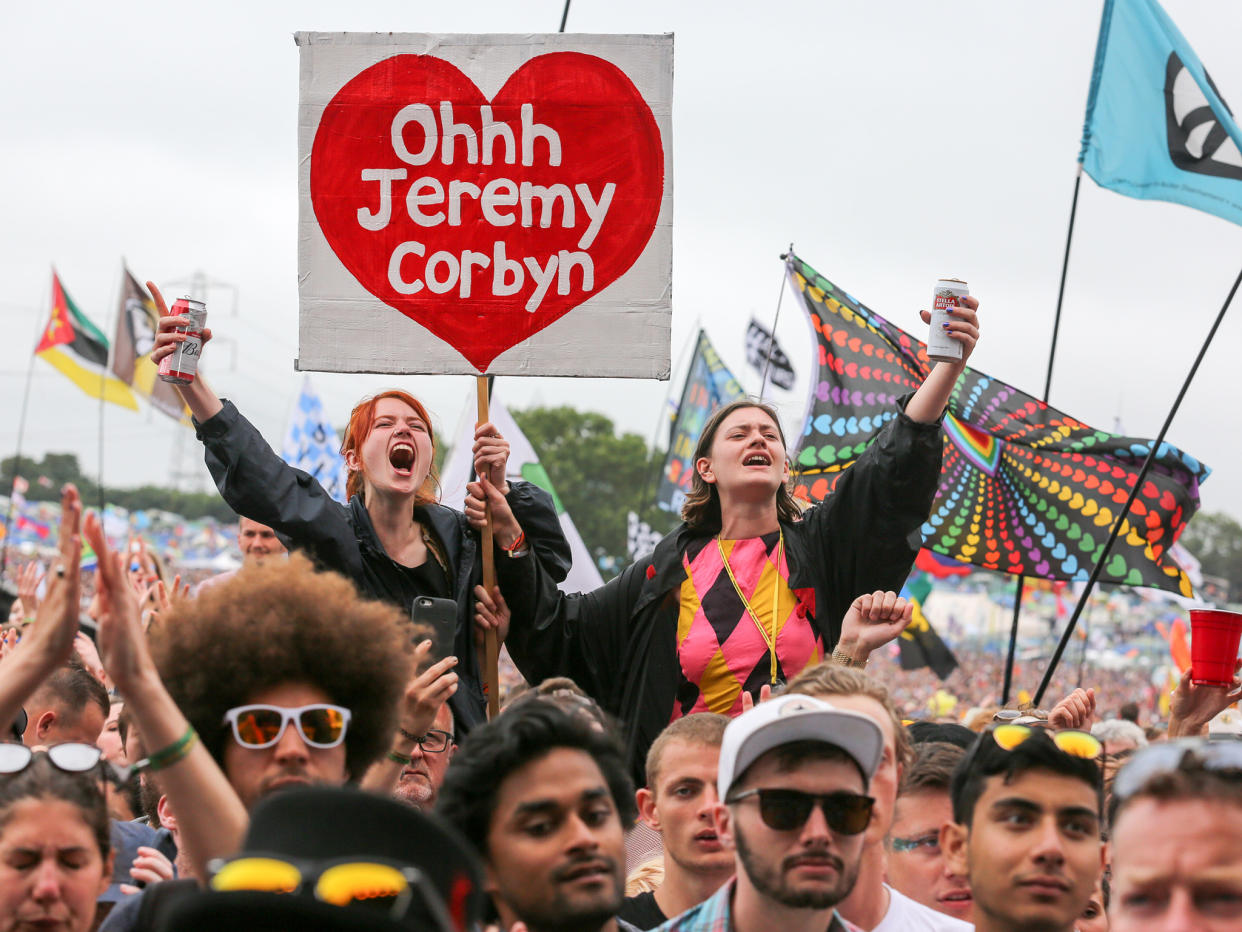This is Jeremy Corbyn's moment – he could be the Prime Minister within six months if he plays his cards right

If they hadn’t bottled it in their final poll on the eve of the election, YouGov would have been one of just two pollsters – along with Survation - to correctly predict the outcome of the general election. So we should pay some attention to YouGov's recent poll too, which found 43 per cent of the British public agree that a socialist government would make Britain a better place to live, compared to just 36 per cent who thought the opposite.
When Jeremy Corbyn was elected leader of the Labour Party in 2015, mainstream political commentators, Labour activists and MPs had serious reservations, predicated on the understanding that in order to be “electable”, Labour has to accept the economic assumptions of Thatcherism. For some, 1983 still lived long in the memory.
In 1997, when the economic consensus was, for most people, delivering housing, rising wages, investment and economic growth, the perception that electability hinged on ameliorating rather than transforming the economy was a logical conclusion to draw. However, since the financial crisis of 2008, our economy and wages have stagnated, there is a housing crisis, a scarcity of high-skilled jobs, household debt is out of control, and our public services are at breaking point.
Where Labour adapted to the economic reality of 1997, so it has now adapted to the economic reality of 2017. The context has changed: Jeremy Corbyn and those that elected him leader, recognise this. Jeremy Corbyn’s supporters are now the true modernisers in the Labour Party. They understand that when the status quo is not delivering for the vast majority of people, political parties must impart a transformational offer to the electorate. One reason why Stronger In, the campaign to Remain in the EU, failed is because it focused too much on the threat Brexit posed to the status quo. This argument does not cut through to those for whom the status quo is no longer delivering, which is now a huge proportion of the electorate.
Theresa May’s speech on the steps of Number 10 suggested that she understood this, but the Conservatives are in a much weaker position than Labour as their transformational offer boils down to Brexit alone. This is why they wanted to shift the focus back to the Brexit negotiations at every opportunity during the general election campaign.
Many who voted Leave did so because they wanted to change the system, and most Leave voters, in turn, backed the Conservatives at the last general election. But in two years’ time, when the negotiations are set to conclude, the Conservatives will be left with a void in their transformational offer.
Having defined themselves against austerity for the past seven years, which was effective politics but rubbish economics, the general election campaign revealed the extent to which the Conservatives are struggling to articulate what they are in favour of beyond leaving the European Union. Commentators were scrambling around trying to define “Mayism” after her manifesto launch, but nothing coherent emerged from it.
By contrast, Labour’s transformational offer is clear, their manifesto was extremely popular, and support for the party is growing. Despite two years of ridicule from the mainstream commentariat, Labour are five points ahead of the Conservatives, and Jeremy Corbyn’s supporters are vindicated in the analysis that led them to want to take the Labour Party in a different direction.
It’s no coincidence that the appeal of candidates and political parties that want to depart from the status quo is accelerating in countries that were worst hit by the financial crisis, the consequences of which we are still living with today. Jeremy Corbyn’s consistency means he is able to make the case for transforming our economy convincingly, while the Conservatives risk re-toxifying their brand by entering into a deal with the DUP.
By doing so, they have completed the unenviable task of undermining their key messages. Their promise of strong and stable government has been undermined by their loss of a majority, and the fact that they have had to ditch so many of the key policies, as shown in the Queen’s Speech. Their threat of a coalition of chaos has been undermined by entering into one of their very own, and talk of Labour’s “magic money tree” appears to have dissipated, having found £1bn to bung the DUP.
This government lacks any positive message for the country, and now not even their attack lines are coherent. By contrast, Jeremy Corbyn now looks like a Prime Minister in waiting – he himself believes he will take up the role within six months. Having weathered a storm of negativity, he has earned the respect of the British people, and with the majority believing that a socialist government would improve our country, this feels like his moment.

 Yahoo News
Yahoo News 
